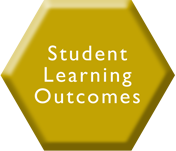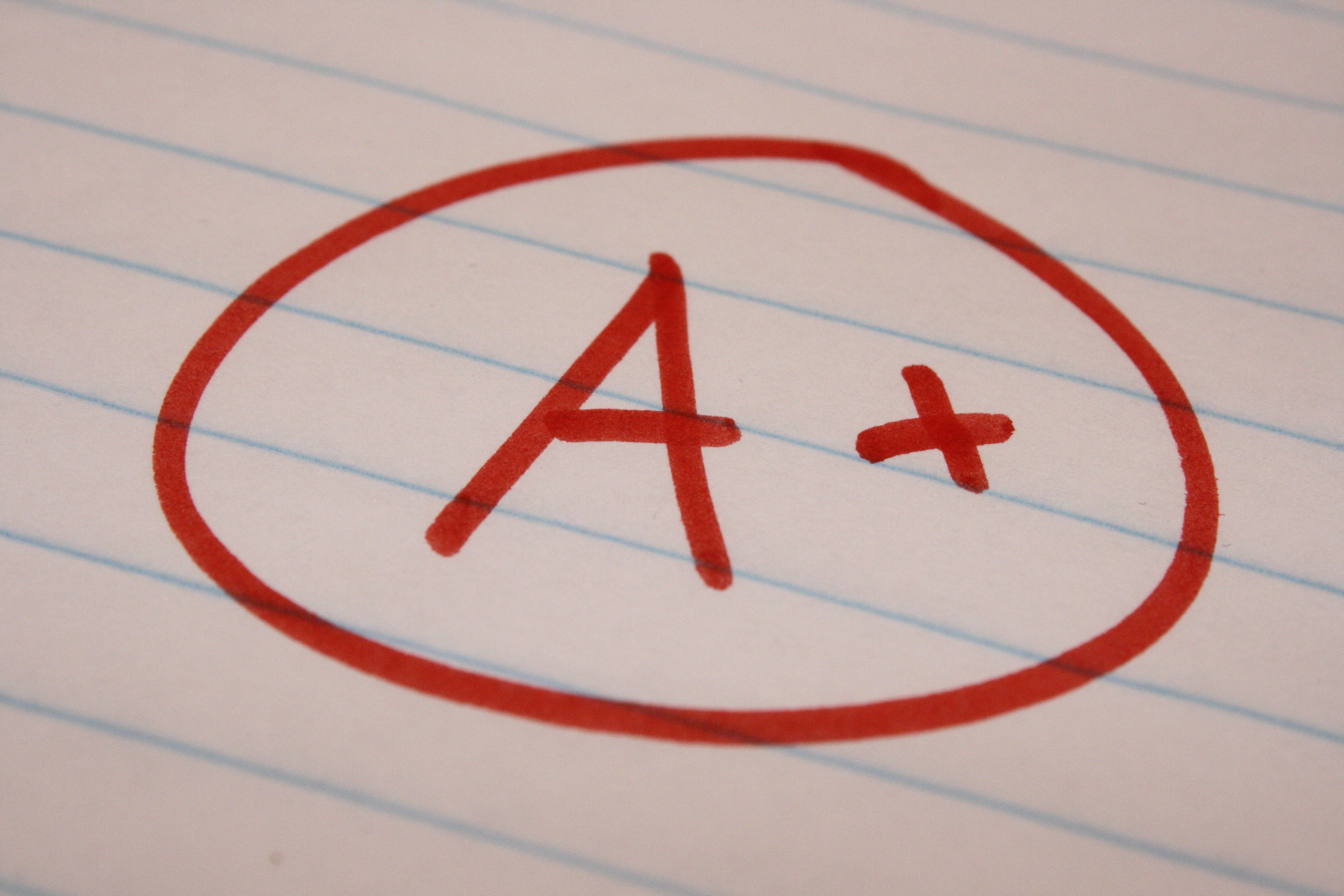Course Syllabus
Geography 4: Physical Geography

| Important note: Whenever you see a video highlighted in orange, you are required to watch the Video. This is the heart of the class. |
This class will introduce you to the processes that create and shape the earth’s surface. You will study the earth’s dimensions and motions. Weather, pollution, global climate change and the distribution of climate, plants and water resources around the world will be discussed. You will learn about tornados and hurricanes; floods and volcanos; landslides and blizzards.
Student Learning Outcomes 
By the completion of this course, you should be able to:
- Describe the geographic patterns of the earth’s physical environment, including global patterns of climate, soils and landforms
- Explain and diagram Earth-sun relationships and their effects on climate
- Understand and determine latitude and longitude
- Understand and be able to read and interpret maps, remote sensing imagery, appropriate graphs and charts
- Understand the causes and mechanisms of climate and weather
- Be familiar with the earth’s interior structure, explain the theory of plate tectonics and relate tectonic theory to landform development, diastrophism, volcanoes and earthquakes
- Understand external land forming processes such as running water and ice
Class Meetings: Oh ya, there aren't any
This class will be taught asynchronously. That means there aren't any required class meetings. I will be providing  written materials, video lectures, video tutorials, tests, and assignments that can be accessed online through Canvas and turned in or completed by the deadlines specified. I may have some optional live, Zoom study sessions for exams . I will have live, Zoom office hours available. Office hours are optional though you are strongly advised to get help as soon as you need it. Also, attending at least one office hour this semester will count toward extra credit.
written materials, video lectures, video tutorials, tests, and assignments that can be accessed online through Canvas and turned in or completed by the deadlines specified. I may have some optional live, Zoom study sessions for exams . I will have live, Zoom office hours available. Office hours are optional though you are strongly advised to get help as soon as you need it. Also, attending at least one office hour this semester will count toward extra credit.
Office Hours: Office Hours will be by Zoom appoints on If you are unavailable Wednesdays at 4:00 pm. Office hours will begin on 2/9 If you can't make it on Wednesdays, please don't hesitate to contact me and we can arrange a time that works for both of us!!
Here is the Link to Office Hours:
https://santarosa-edu.zoom.us/j/95125307604
A Special Note About Tutorials..........
We will be learning about some topics in this class which are somewhat complex and require some basic math. When these topics come up, I will include a video Tutorial about these topics. These are mandatory viewing. Often you will be doing activities on assignments and on exams that require you to understand these topics. Please make sure to view these Tutorials and if you have questions, please participate in the weekly office hours.
 Taking an online class is different! It takes more discipline and self-motivation than a face to face class. Here are some tips for success:
Taking an online class is different! It takes more discipline and self-motivation than a face to face class. Here are some tips for success:
- Treat an online course like a “real” course.
- Hold yourself accountable
- Practice good time management.
- Create a regular study space and stay organized.
- Eliminate distractions.
- Actively participate.
- Build relationships with other students
Instructor Contact 
I prefer to use the message function in Canvas (Links to an external site.) to communicate. I will, however, check my email regularly and may occasionally use email for announcements. Alternative ways to contact me are:
Email: cbraschi@santarosa.edu
Phone: (707) 546-7718 (please call only between 9 am and 8 pm)
Office Hours: Wednesdays 4:00 pm and by arrangement with instructor (don't hesitate to contact me! We can make office hours work for you!!)
You will also see announcements from me in Canvas. Look for them and definitely read them! Announcements are mandatory reading.
In Canvas, you can control how often you receive notifications from your online classes. I encourage you to take a look at the notification preferences (Links to an external site.) so that you can set Canvas up to work best for you.
I am quite new to teaching online. I will make mistakes. Please be patient with me. If you see what is an obvious (or even not so obvious) error, please let me know. You will be helping me and your classmates and I will be very appreciative.
Textbooks
No textbooks are required for this course. I provide extensive online material for you to read in Canvas sometimes with links to outside videos. Plus my recorded lectures. This material is REQUIRED. You will not do well in this class if you do not read the Canvas material, watch the outside videos, watch tutorials and watch my lectures. That's the trade off - no textbook but what I provide is absolutely mandatory reading and viewing.
If you would like extra help with the science concepts in the course or you would like to broaden your resources beyond what I will provide, I strongly recommend the following textbook (any edition will do):
Physical Geography: A Landscape Appreciation by Daniel Hess
Required Software
You will need the following software for this course.
- Adobe Reader (Links to an external site.)
- Open Office (Links to an external site.)
- Google Earth (Links to an external site.)
Calculator
There will be some math in this class. Math phobes don't panic. The math required is reasonably basic. You will, however, need a basic calculator for this class.
Important Dates
Day Class Begins: Monday, January 31 (please remember this is a compressed, "Transfer Track" course and these dates are different from the regular JC Schedule) 
Day Class Ends: Friday, May 20
Last Day to Drop without a 'W' symbol: Sunday, February 6
Last Day to Drop with a 'W' symbol: Sunday, April 24
Last Day to opt for Pass/No Pass: Sunday, February 27
If you decide to discontinue this course, it is your responsibility to officially drop the class to avoid getting no refund , a W symbol , or a grade.
Spring Break: March 21 -March 27
Pass‐NoPass (P/NP)
You may take this class P/NP. You must decide before the deadline, and add the option online with TLC or file the P/NP form with Admissions and Records. With a grade of C or better, you will earn a P.
Once you decide to go for P/NP, you cannot change back to a letter grade. If you are taking this course as part of a certificate program, you can probably still take the class P/NP, however, you should check with a counselor to be sure.
Instructor Announcements and Q&A Forum
I will post announcements on the “Instructor Announcements” page in Canvas  throughout the semester. Canvas will notify you according to your preferred Notification Preferences as soon as I create an Announcement. A “Q&A Forum” is also available on Canvas so that you can ask for assistance of your classmates or of me. Please check it out frequently. Maybe you can help someone in the class.
throughout the semester. Canvas will notify you according to your preferred Notification Preferences as soon as I create an Announcement. A “Q&A Forum” is also available on Canvas so that you can ask for assistance of your classmates or of me. Please check it out frequently. Maybe you can help someone in the class.
Attendance/Participation
It isn't a party without you!! Your attendance will be taken in the form of your participation in Quizzes, Assignments and Discussions. You will be considered to have attended class for the week if you participate in the online activities that week. Your participation and attendance is not only important to your success in this class, but also to the success of the entire class. This course is designed to be inter-active and student-centered. If you fail to participate in the manner described above, and miss five or more activities (quizzes, assignments and discussions) you will be dropped from the class for failing to attend the class. If you need help and something is going on that is preventing you from participating, please contact me! We can figure out something together and keep you in the class!
Extra Credit!! As an extra incentive to help keep you moving along, I will give you 10 extra credit points if you:
- miss no more than one quiz,
- participate in all discussions,
- and turn in all assignments.
Late Policy
Assignments will be due by 11:59 pm on the due date. Let's face it stuff happens and sometimes we just can't nail a deadline. TALK TO ME! Message me! Let me know something is up. Generally, submissions more than one week late won't be accepted without my approval and late work will not be graded unless you send me an email with URL for late work. But if you communicate with me PROMPTLY, we may be able to work something out.
Grades: Quizzes, Exams, Assignments and Discussions
There will be five (5) Unit Exams - one for each Unit we cover in class. They will be based on my lectures, Canvas written materials, tutorials and videos, homework assignments and discussions. There will also be quizzes most weeks. These will be very short (between 5 and 10 questions) and you will be able to attempt the quizzes three (3) times. If you miss a quiz, it can not be made up. It is your responsibility to take the online exams and quizzes on the due date. If you are unable to take an exam because of an emergency or a technical issue, contact me ASAP and I will consider makeups on a case-by case basis. Under no circumstance will you be allowed to take more than one makeup exam per semester.
There will also be homework assignments and possibly a discussion assignment for each Unit. All assignments and discussions are due at 11:59 p.m. on the due date. See the "Late Policy" above regarding assignments. Unfortunately, due to the nature of discussions no late submissions to discussions will be accepted.
Grading Policy
 I try to grade discussions, assignments and exams as quickly as possible. Check the Canvas Grade book to see how you're doing.. Where it will benefit the class, I may grade using a simple curve. Otherwise grades will be assigned as follows:
I try to grade discussions, assignments and exams as quickly as possible. Check the Canvas Grade book to see how you're doing.. Where it will benefit the class, I may grade using a simple curve. Otherwise grades will be assigned as follows:
"A" 90% and above
"B" 80 - 89%
"C" 70 - 79%
"D" 58 - 69%
"F" under 58%
If taking Pass/No Pass you need at least 70% of the total class points to pass the class.
Extra Credit
There will be a number of opportunities to earn extra credit in this class. As  already mentioned, the easiest way is to simply do the work (see Attendance above). There may also be extra credit questions on assignments, discussions or exams. Attending office hours at least once during the semester, will earn you 5 points of extra credit.
already mentioned, the easiest way is to simply do the work (see Attendance above). There may also be extra credit questions on assignments, discussions or exams. Attending office hours at least once during the semester, will earn you 5 points of extra credit.
Another way to earn Extra Credit is to participate in the Current Events Discussion Activity. Find an article relevant to any topic we have studied or will study in Physical Geography (eg. maps, earthquakes, volcanic eruptions, hurricanes, tornadoes etc). Post a brief summary of the article and provide a link to that article in your post. This will be worth 10 Extra Credit Points. You may also earn extra credit for responding to a Current Event Discussion post (5 points). You may repeat this once during the semester for a total of up to 30 possible extra credit points. I will occasionally include a post on the Current Events Discussion. If you comment on those posts, you will earn five extra credit points just as you would if you responded to a fellow classmates post. Sometimes I slide in an extra credit opportunity in the announcements. Read what I send you....you never know!
Standards of Conduct
Students who register in SRJC classes are required to abide by the SRJC Student Conduct Standards. Violation of the Standards is basis for referral to the Vice President of Student Services or dismissal from class or from the College. See the Student Code of Conduct page.
Collaborating on or copying of tests or homework in whole or in part will be considered an act of academic dishonesty and result in a grade of 0 for that test or assignment. Last semester I had a number of students who googled answers and cut and pasted them into exams and assignments. This will not be tolerated and you will fail any assignment, exam etc. where I catch you doing this. DO NOT USE THE INTERNET ON EXAMS!
I encourage students to share information and ideas, but not their work. See these links on Plagiarism:
SRJC Writing Center Lessons on avoiding plagiarism
SRJC's policy on Academic Integrity (Links to an external site.)
 Avoid Plagiarism Like the, er, Plague
Avoid Plagiarism Like the, er, Plague
Although you no doubt know all about plagiarism its worth a reminder that it is a fast track to a failing grade. Bottom line, do your own work! Don't be so sure that anyone knows more than you do.
The video below reviews what plagiarism is and how not to do it.
Plagiarism: How to avoid it (Links to an external site.)
 Netiquette, or Why Is It Harder to Be Polite Online?
Netiquette, or Why Is It Harder to Be Polite Online?
Netiquette refers to using common courtesy in online communication. All members of the class are expected to follow netiquette in all course communications. Use these guidelines:
- Use capital letters sparingly. THEY LOOK LIKE SHOUTING.
- Forward emails only with a writer's permission.
- Be considerate of others' feelings and use language carefully.
- Cite all quotations, references, and sources (otherwise, it is plagiarism).
- Use humor carefully. It is hard to "read" tone; sometimes humor can be misread as criticism or personal attack. Feel free to use emoticons like :) for a smiley face to let others know you are being humorous. Sarcasm is particularly difficult to read online so don't use it.
- Use complete sentences and standard English grammar to compose posts. Write in proper paragraphs. Review work before submitting it.
- Text speak, such as "ur" for "your" or "ru" for "are you" etc., is only acceptable when texting.
- If you would not say it in person, don't say it online!
Resources
If you are a student with a disability who believes that you need accommodations in this class please contact Disability Resources (527-4278), as soon as possible so that we can make sure accommodations are provided to you as quickly as possible.
in this class please contact Disability Resources (527-4278), as soon as possible so that we can make sure accommodations are provided to you as quickly as possible.
If you need help with Canvas, the JC has lots of resources to help you. You can also ask questions in the Class Q & A Discussion.
Once you have read the Syllabus, you are ready to get started. Begin the Modules (or Units).